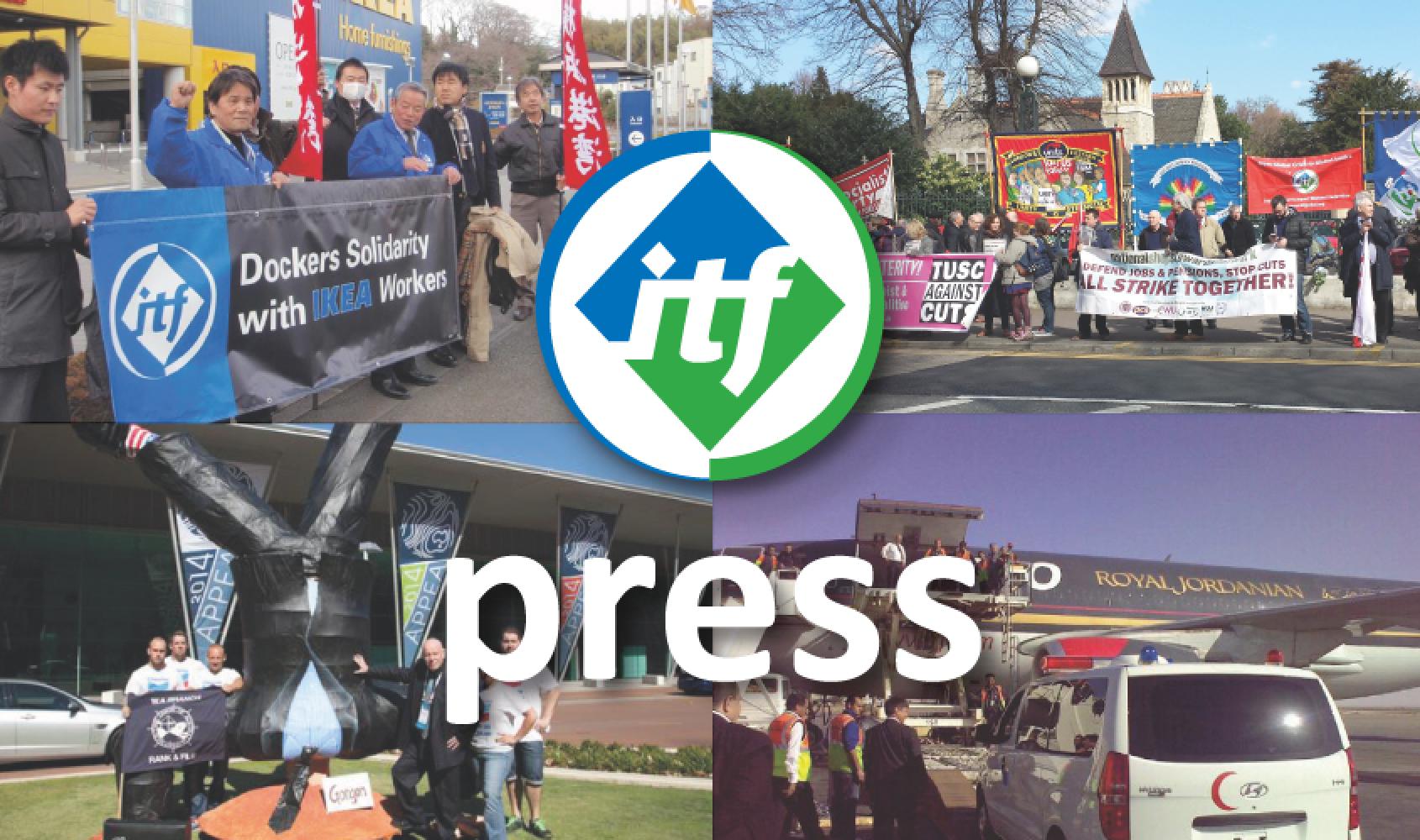
“The state of the vessel is bad enough from a maintenance point of view,” explained International Transport Workers Federation (ITF) inspector Tommy Molloy. “It is self-evident that no money is being spent on the basics and, as is usual with such shipowners, the crew are also not being paid.”
The Malta-registered Svetlana, operated by Victoria Maritime Trading Ltd of Bulgaria, has been in Cardiff since 8 October 2016. The MCA had suspended their inspection and detained the vessel for a number of deficiencies and returned when the owner claimed to have rectified matters. However, it was then discovered that the Russian, Ukrainian and Bulgarian crew had not been paid wages and a further deficiency notice was issued.
The MCA made a request for the ITF to attend in order to aid the crew and assist with the calculation for owed wages. Mr Molloy then discovered that since the crew had joined, only small, infrequent cash payments had been received. “One man had not been paid since he transferred to the ship in June and had not been paid the three months wages he was owed from his employment on the ship he was transferred from.”
Mr Molloy also discovered that wages were the lowest he had seen for a long time and were certainly below the International Labour Office (ILO) minimum referred to in the Maritime Labour Convention 2006 (MLC)*. He calculated the wages owed at the ILO minimum level and submitted the claim to the company, along with other amounts for additional work for which payment had been promised but never materialised. The crew had also been forced to purchase their own personal protective equipment such as safety footwear and overalls, before joining, which is totally unacceptable. The owners were invited to enter into discussions to sign an ITF agreement which would provide acceptable minimum employment standards for the crew.
The company responded by accusing the inspector of acting illegally, of blackmail and by insisting they would only pay what was written on contracts, however low.
Unfortunately the MCA have appeared reluctant to push for payment of ILO minimum wages and the flag state, Malta, has declined to respond.
“To me it is clear,” said Mr Molloy. “The MLC requires member states that have ratified to establish procedures for determining minimum wages for seafarers and that when doing so they should give consideration to those set by ILO. I have asked how low wages can be set before it becomes an issue for the Malta shipping register.”
Worse still, he has learnt from maritime welfare organisations in Cardiff that the third officer has now been sacked. “It seems the company has determined that as he is the only claimant who speaks fluent English it must have been him who called the ITF to complain about not getting paid. This is his reward. In fact he did not call us. The request to visit came from the MCA.”
“We have had similar dealings with this operator before. They have been described as being at the very low end of the industry, and the MLC was designed to give seafarers protection against exactly this kind of sub-standard outfit.”
ENDS
*For more about the MLC see http://www.ilo.org/global/standards/maritime-labour-convention/news/WCMS_219628/lang--en/index.htm
For more details please contact:
Tommy Molloy. Email: molloy_tommy@itf.org.uk. Mobile: +44 776 418 2768.


Post new comment